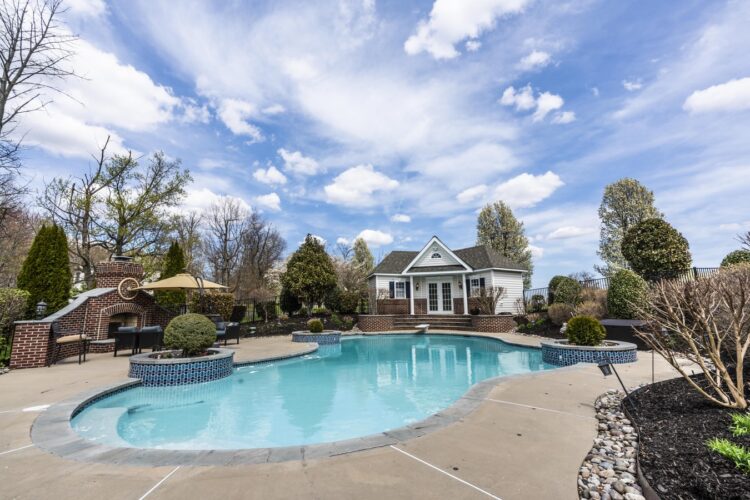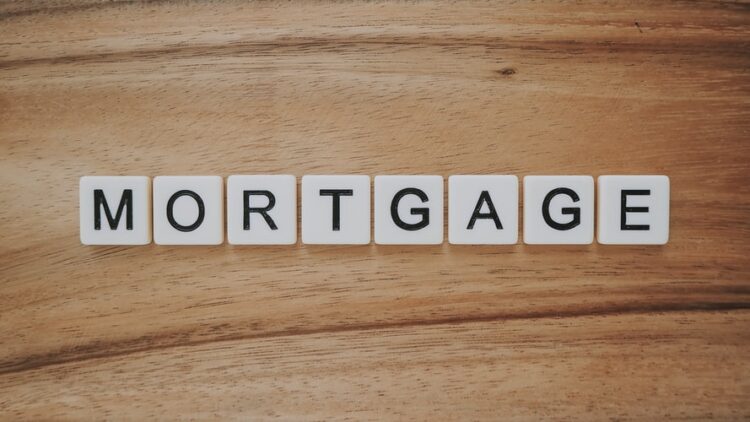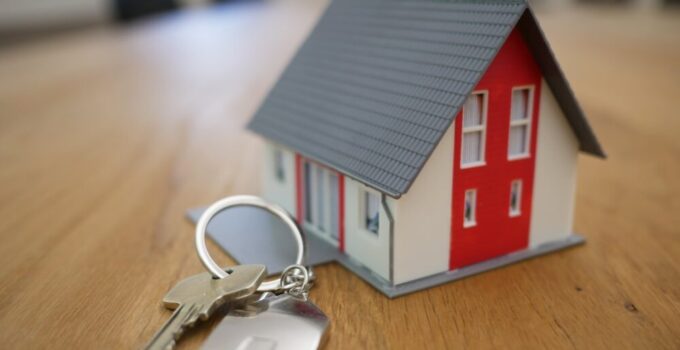Many homeowners in America fancy buying a second house for themselves. This second home can act as both an investment, renting it out whenever the owners are not staying there, or a vacation home. However, like other home purchases, having to buy a second one could also mean that you are required to have a second mortgage.
When you’re going through the process of looking for a second home, as well as looking over the purchase process, there are several factors that you need to take into account. Some of the factors include the purpose of a second home, the overall affordability, payment terms, and tax considerations.
Here are the steps you need to consider for getting a second mortgage to buy another house:
Page Contents
1. See If You Can Afford A Second Home

source:unsplash.com
Before you can even think about buying another house as a rental or vacation property, you need to see whether you can afford it or not. If you can, then it probably means that you’ve completely paid off the mortgage on your primary residence, or at least have made timely, consistent payments.
Here are some of the costs that you need to account for if you’re going for a second house:
- Property taxes
- Closing costs
- Down payment
- Utilities
- Property insurance
- Landscaping and upkeep
- Monthly mortgage payment
- Private mortgage insurance (PMI)
These are exactly the same as your primary residence. Senior loan officer Doug Crouse, who has a 20-year experience in the mortgage industry says that PMI can be very expensive. He goes on to say that the rates for PMI are 50% higher than what they usually are for a primary residence. You’ll also need to provide some evidence that your bank will be able to cover up for both your primary and secondary residence, with some extra money to go around.
2. Are You Looking For A Rental Property Or A Vacation Home?

source:unsplash.com
Another thing that you must do before shopping for a new home, you’ll need to decide whether you want it as a rental property or a vacation home. The answer to either one of these will let you know about the kind of mortgage you can qualify for.
But, if you require rental income to qualify for this new home purchase, you’re going to have to get a renter and have a fully executed lease along with other documentation. This way, you can convince your reminder about the sources of extra income. Bear in mind is that the lender might use only a certain percentage (like 70%) of the lease rate as a credit for your qualifying income.
3. Think About Your Goals

source:unsplash.com
You may want to use a second home as a vacation house to visit on the weekends, in the summer, or during the holidays, but perhaps there are other priorities that you may have in store for this new house. Perhaps you’ve considered buying a second house where you will retire or perhaps pass it to your children later on in the future. Of course, buying a second house also comes with a unique set of perks, such as possible tax write-offs, which depends on how you use it of course. This difference could affect your finances in the end, including the number of taxes you have on the new property, and the type of insurance coverage you require.
4. Down Payment Requirement
A primary residence can be purchased with only 3% down in most cases, but it takes at least 10% down to buy a secondary home, and that’s only if your application is really strong. If this isn’t the case, then the lender may ask for at least 20%. If you don’t have that much cash at hand, you might be liable to borrow your down payment.
5. Home Equity Loan

source:paydayloanshss.com
A home equity loan, also known as “equity loan,” is secured for a primary residence, which could mean that a second home doesn’t matter so long as the lender has nothing to say about it. All that matters to them is knowing if your income, primary residence, and credit can back the loan – whatever you please with your money is on you.
A home equity loan’s interest rate could be less than a second home’s mortgage due to the fact that the lender understands how strong your dedication is towards your primary home. And like a normal mortgage, the amount of interest that is paid on home equity loans can be tax-deductible. Besides that, if you’re going to use it to buy a property for yourself, then the typical cap of $100,000 on tax-deductible home equity loans will be removed. Instead, you can pay the interest on mortgage debt of $1 million for both houses combined.
You can also look to loan aggregators, who collect your personal and financial information on a loan application and then shop around to potential lenders who may be able to offer you a great loan. There are plenty of lender aggregator sites available online like Loans Geeks, provided you use caution when looking for them.
6. Consider Other Mortgage Options

source:unsplash.com
Besides a large down payment, there are several other options that are available if you’re thinking about getting a second mortgage for a second home. These options include:
Debt-to-income ratio
This is a measure of how much debt you can carry every month compared to your monthly income. If, for instance, monthly debt payments $2,000 and make an income of $6,000 a month, your debt to income ratio would be $2,000/$6,000, or 33%. If your DTI is too high, the lenders will be hesitant in offering you a mortgage, or you might not be able to secure a mortgage with positive terms.
FICO score and credit report
A credit report is like a report card that convinces lenders that you’re responsible for managing your debt, including your first mortgage. Your FICO score, on the other hand, is the number that represents your consumer credit risk. You need to ensure that you continue to make timely payments in order to keep your credit score healthy.
Another way to raise funds to purchase a second home would be to taking out a cash-out refinance on your primary residence, or even a reverse mortgage loan if you are age 62 or older. A reverse mortgage allows you to take out tax-free cash from your home’s equity without having to make a monthly mortgage payment. This is a unique loan design for seniors age 62 and older and requires careful consideration as interest in these types of loans negatively amortize. Speak to a trusted financial planner and be sure to check on reviews for Reverse Mortgage providers here.





